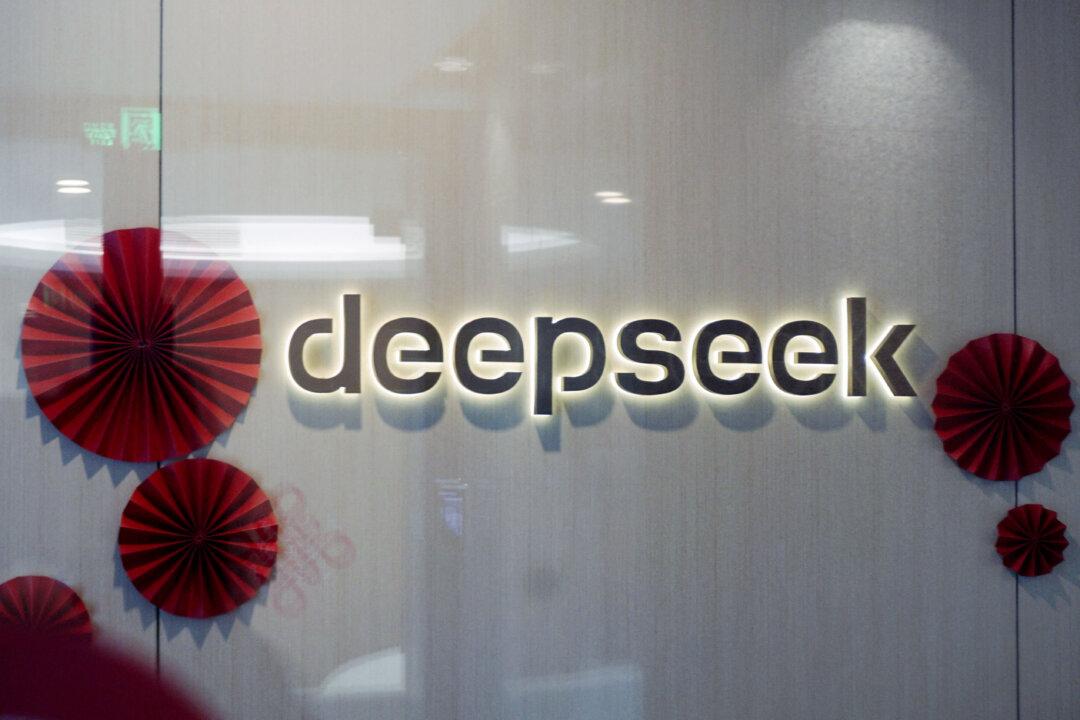South Korea’s data protection authority said on Feb. 17 that it had suspended downloads of the Chinese artificial intelligence (AI) app DeepSeek after Deepseek acknowledged partially neglecting the country’s data protection law.
The DeepSeek app was removed from local versions of Apple’s App Store and the Google Play Store on the evening of Feb. 15.





